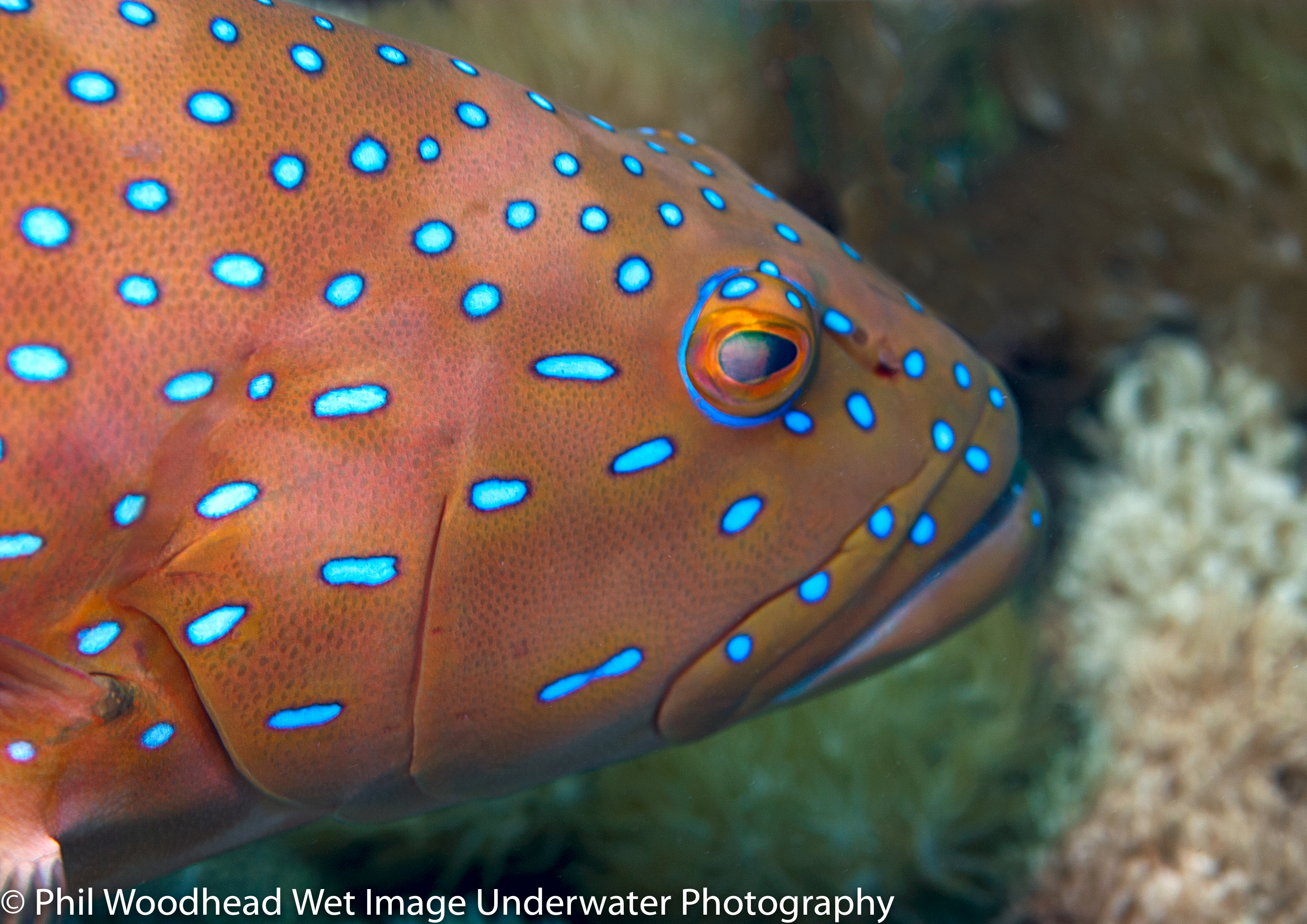News release
From:
Minimum size limits and the reproductive value of numerous, young, mature female fish
Big old fat fecund female fish, ‘BOFFFFs’, have always been considered the most important fish because the bigger they become, the more offspring they produce. However, big fish are intrinsically scarce, and new research on coral grouper in the Great Barrier Reef shows that increases in reproductive success with body-size does not outweigh diminishing densities of BOFFFFs. Instead, greater densities of numerous young mature female fish, ‘NYMFFs’, outweighed their lower reproductive success to generate over a third of juvenile fish. Both NYMFFs and BOFFFFs can be protected through minimum size limits and no-take marine reserves, respectively, to assure stock replenishment.



 Australia; QLD
Australia; QLD



